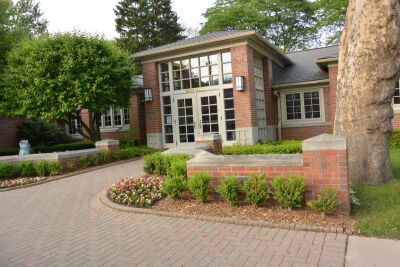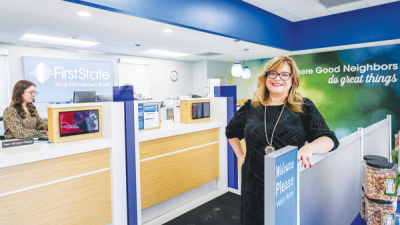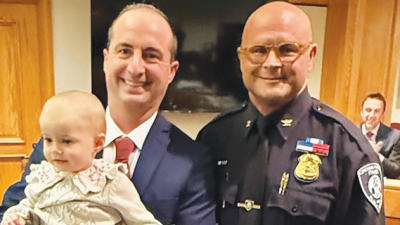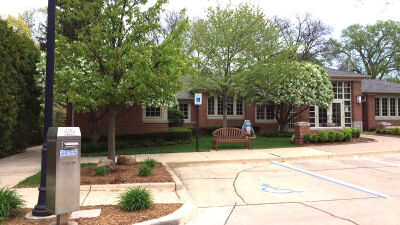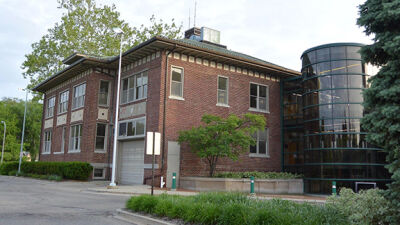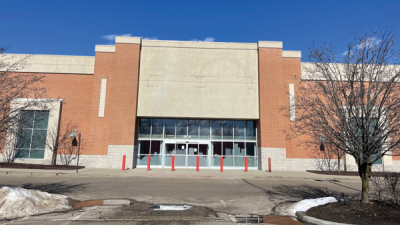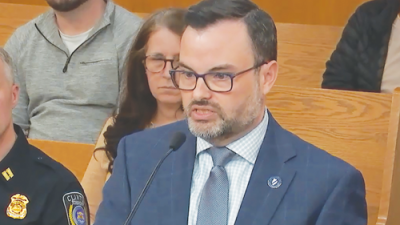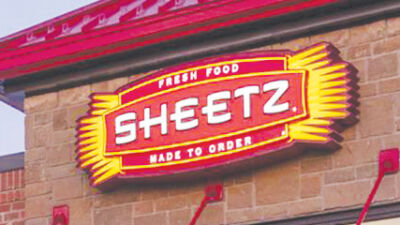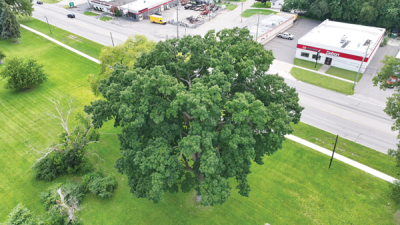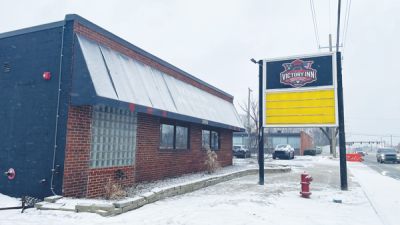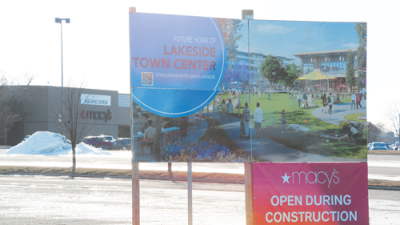GROSSE POINTE CITY — After several months of review and study, Grosse Pointe City has an updated master plan.
The Grosse Pointe City Council held a public hearing on the new version of the master plan during a meeting Aug. 15. In the City, the council also serves as the Planning Commission, so council members had to vote twice on the document — first as the Planning Commission to recommend that the council approve the master plan and then as the council.
The plan doesn’t include sweeping changes, but more “surgical areas of improvement,” said City Planner John Jackson, of McKenna Associates.
“What we heard consistently was, people value the quality of the community (and) the residential neighborhoods, and they want that to continue,” Jackson said.
There’s also a desire to encourage new development along Mack Avenue and in The Village, he said.
Mixed-use development, with apartments above businesses in commercial areas, were “overwhelmingly supported” by those who weighed in on the plan, the document states.
“I hope property owners take advantage of the opportunities we’ve created to increase density,” City Councilman Terence Thomas said.
The report shows that there’s resident support for more entertainment and retail in the community.
While converting single-family homes into apartments drew mixed sentiment, there was support for different housing styles, such as condominiums and independent senior living, as well as accessory dwellings above garages.
The median age in Grosse Pointe City as of 2019 was 47 — older than the state’s median age of 39.7 and Wayne County’s median age of 37.9 — and the City has a greater percentage of seniors than the regional and state averages, but there was also an increase in the number of school-age children in the City over the last decade.
Between 2010 and 2020, Grosse Pointe City’s population rose by 4.7%, to 5,678, at a time when Wayne County saw a population decline of 1.7% and the state saw an increase of only 2%. The City’s population increase is attributed to higher numbers of middle-aged and older adults and school-age children, the master plan notes. That may explain community support for a variety of housing options, to accommodate both young families and retirement-age residents hoping to stay in the City but needing to downsize.
As the master plan states, “There are relatively few one- or two-bedroom units within the City. This mismatch between the population and available housing types will be exacerbated as existing residents age in place, suggesting a need for greater housing diversity that promotes walkability, affordability and accessibility. While Grosse Pointe is largely built out, additional housing types can be introduced through the redevelopment of vacant or obsolete storefronts and homes or through the retrofitting of underutilized areas such as large parking lots.”
Based on public input, Jackson said they included a special policy regarding adaptive reuse for certain nonconforming older structures in the community, such as the now vacant Chase Bank building on Jefferson Avenue.
“People expressed an interest in preserving these (buildings) as part of the community’s character,” Jackson said.
Public input was gathered virtually and in person while the plan was being updated. More than 50 people attended in-person meetings to discuss the master plan, while more than 300 offered written or verbal comments and 174 responded to a master plan survey.
Recreational opportunities are important to residents. There’s currently no room in the City for pickleball courts or a dog park, but residents have expressed an interest in both.
“The fact is, the City has limited park area right now,” Jackson said.
However, he added that this is something that can change and evolve over time.
Several City officials wanted to add a sentence to the master plan that specifically referenced the possibility of adding pickleball courts or a dog park, or both, in the future, should an opportunity arise for these facilities.
“I don’t have a problem with adding it in,” Mayor Sheila Tomkowiak said. “It doesn’t have any teeth.”
New City Councilman Seth Krupp, who was sworn in Aug. 15, said he had already personally heard from some residents who’d like to see a dog park in the City.
“I do think an acknowledgement (that) it’s at least being considered … would help people feel heard,” Krupp said.
Some officials, including Thomas, said the provision “doesn’t hurt.”
City Manager Peter Dame agreed. Dame said, aside from this extra sentence, there’s no mention of dogs anywhere in the master plan.
“It doesn’t hurt to add it in,” Dame said. “It’s not a promise to have a dog park or a pickleball court or to add parkland.”
City Councilman Christopher Walsh, however, didn’t feel the sentence should be added.
“I think that particular topic should be handled when and if the opportunity arises. … We’re not precluding (these uses),” Walsh said. “I don’t see what we gain here.”
Despite that one point of disagreement, the council — and the council sitting as the Planning Commission — unanimously approved the updated master plan, including the mention of the possibility for pickleball or a dog park at some point.
While the master plan has been reviewed several times, this marks the first significant update since 2012.
 Publication select ▼
Publication select ▼